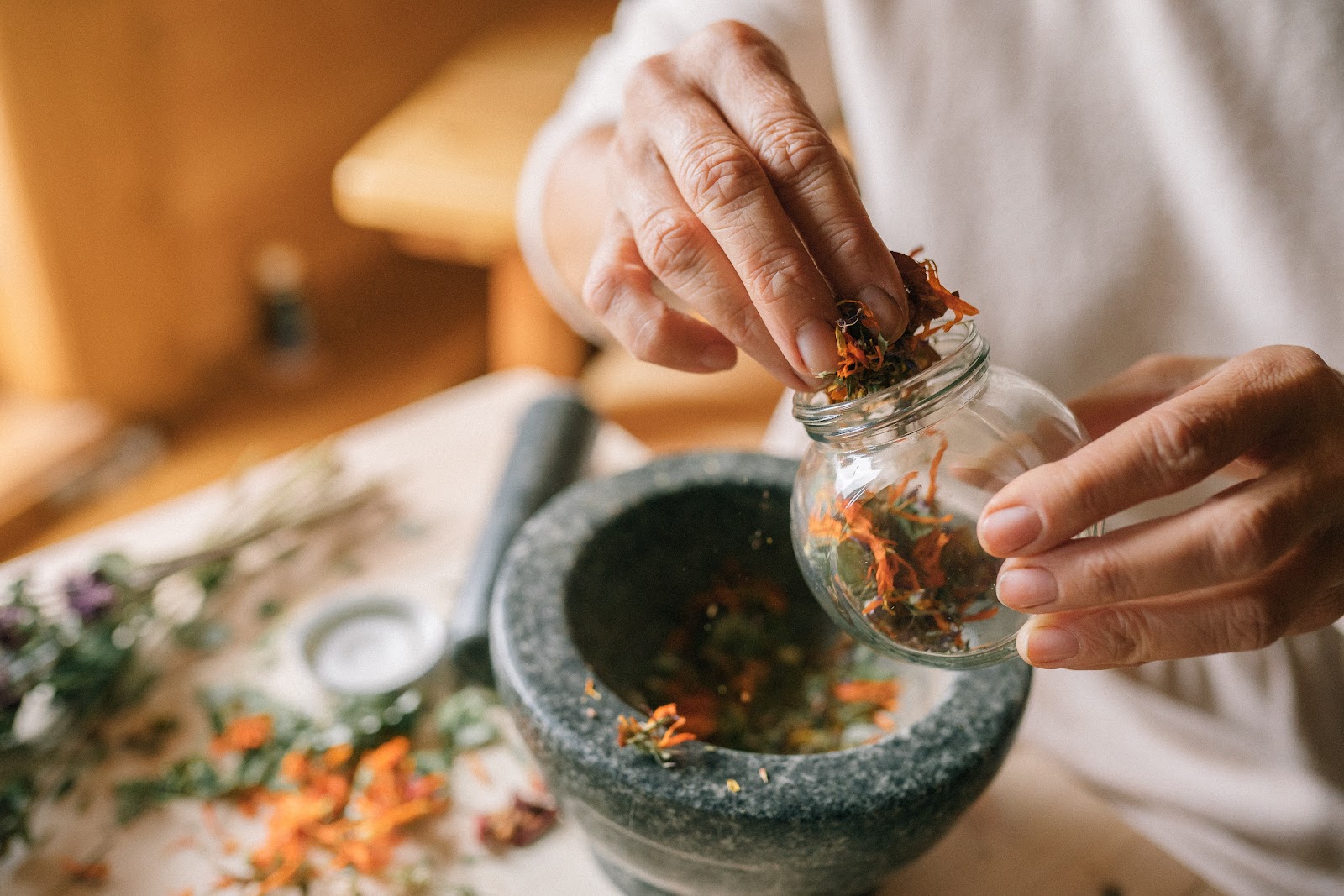In 2014, comedian Robin Williams lost his life after a lifelong battle against addiction and depression. Beloved for his depictions of iconic characters such as Mrs. Doubtfire, Aladdin’s Genie, the wise professor in Dead Poets Society, and more, Williams’ death was a genuinely devasting loss felt worldwide.
Outwardly, Williams was nothing but delightful. Even in his more serious roles, Williams was known for bringing warmth and lightness that endeared him to viewers. As one of the most beloved American actors of his time, Williams’ death begged the question of whether a career like his was sustainable without slowly sacrificing somewhere – in Williams’ case, his mental health and happiness.
Williams’ Battle With Depression
It is hard to believe for some, but the most talented and vibrant comedians often suffer from debilitating depression and anxiety behind closed doors. The stage offers performers the perfect chance to escape from themselves and wholly play the part of a character, allowing themselves to abandon their suffering.
Off-stage, actors and comedians are people with lives and psyches just as complicated as anyone else’s. Mental illness does not discern between the famous and not, comedians or otherwise.
Rise to Stardom
Williams experienced a dizzying rise to fame as the star of sitcom Mork & Mindy. Remaining in the California stand-up comedy scene, Williams faced an astonishing and sudden change in stardom seemingly overnight. Coupled with the pressures of sudden fame, acting on a hit primetime TV show in a lead role, and regularly performing on stage on comedy clubs where people were now apt to recognize him, it is no surprise Williams underwent a large amount of stress.
It is also no surprise that this era ushered in Williams’ first instances of substance abuse. Beginning to use cocaine while staring in Mork & Mindy, Williams would fight against substance abuse for the rest of his life.
Depression and Substance Abuse
Depression and addiction go hand in hand. Studies show that 1 in 4 adults with a mental illness also battles substance abuse.
This was no different for Williams, described by family and friends as frequently using cocaine before getting onstage to perform comedy even toward the beginning of his career.
The manic energy provided by drugs such as cocaine may prove to be alluring to those looking to lose themselves entirely on stage, as Williams was apt to do.
However, as Williams experienced a much higher natural rush of energy on stage and regularly depicted extremely manic characters, he described cocaine as allowing him to slow down.
For Williams, his depression was inherently linked to his sense of self-worth as a comedian. Operating with a one-track mind, Williams dedicated his life to comedy and acting, at times, to his detriment.
If something underperformed or was not met with critical acclaim, Williams’ depression was triggered. Living wholly for his art, it was no shock he would forgo his best interests and live as a vessel through which to perform comedy and nothing more.
His failures amplified by his mental illness and successes celebrated in excess of substance abuse. Williams was trapped in a cycle of depression and dependence he saw no end to.
Williams also dealt with alcohol addiction, describing himself as unable to resist the call of either. When he would try to get clean, he found the small voice in the back of his head that many addicts have urging him to take one bump, one hit, one sip of the substances he so craved.
As addicts do, Williams would not just have one drink. He found himself slipping back into excess regularly until checking himself into rehab around 2008.
Creativity and Depression
Studies have shown a link between repressed creativity and depressive behaviors, in turn leading to alcoholism. It is possible that extremely creative individuals feel creative energy so intensely that it creates a mental build-up of mental block when it is not being released.
Just as Williams described cocaine as slowing him down, many creatives may find some release and temporary, false relief in substance abuse when they are not able to live up to their potential creative output.
While creatives may feel more drawn to substance abuse as an outlet for their depressive moods, substance abuse is not an answer and will not provide any semblance of a comfortable lifestyle for those suffering.
Instead, as Williams admitted later in life, the answer is to seek real help for the problems that underscore depression and addiction. Therapy, rehabilitation, and professional advice are often necessary to separate the life-destroying effects of mental illness from that of substance abuse.
Just as no one would recommend self-treatment of severe injuries, no credible source would recommend attempting to deal with depression on one’s own.
As creatives must feel deeply for their art, so too do these feelings begin to seep into their daily lives. Living one’s life feeling everything so deeply that it begins to affect your mood and causes one to turn to substance abuse to cope, however, does not have to be a part of being an artist.
Addiction is Not Hopeless
Williams’ battle against depression and substance abuse continued until the day of his death. Depression and addiction never disappear, in spite of how successful one’s treatment proves to be; one is, instead, a patient for life.
Taken too early, Robin Williams is just one of many casualties to depression and addiction. Understand that life does not have to be this way, and there is help out there for those looking to reclaim a comfortable life.













